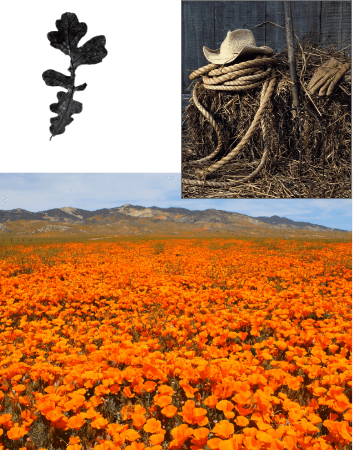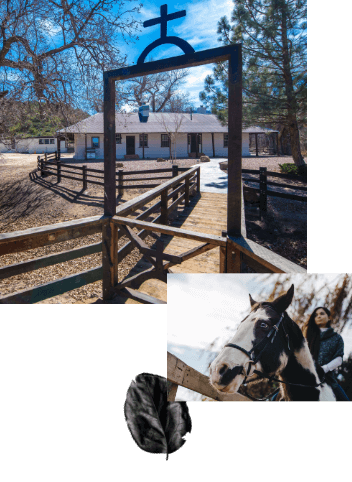Monday, August 03, 2009
FOR IMMEDIATE RELEASE
TEJON RANCH COMPANY TO ASK COURT TO RELEASE PROTECTIVE ORDER Order protected confidentiality of settlement negotiations over litigation related to the California condor
TEJON RANCH, California (August 3, 2009) Tejon Ranch Company is asking the U.S. Fish and Wildlife Service (FWS) and the Department of Justice to support its efforts to have a U.S. District Court vacate a Protective Order issued to maintain the confidential nature of settlement negotiations between the Tejon Ranch and the FWS over a federal lawsuit filed by the Ranch in 1997.
“The pending settlement of our lawsuit has produced an outstanding result – a proposed Multi-Species Habitat Conservation Plan that protects the California condor and 26 other animal and plant species,” said Robert A. Stine, President and CEO of Tejon Ranch Company. “As the MSHCP process is nearing its completion, we believe the Protective Order is no longer necessary, and having received a request from three of the environmental resource organizations that are part of the Tejon Ranch Conservation and Land Use Agreement, we have instructed our attorneys to seek the support of the FWS and the Justice Department in asking the court to remove the Order.”
The Tejon Ranch Conservation and Land Use Agreement was ratified last year by Tejon Ranch Company, Audubon California, Endangered Habitats League, Natural Resources Defense Council, Planning and Conservation League, and the Sierra Club, and will result in the permanent conservation of up to 90% of the 270,000-acre Ranch. Three of those organizations, Natural Resources Defense Council, Sierra Club and Audubon California, recently contacted Tejon Ranch to express concern that the Protective Order could create the appearance of nondisclosure, something contrary to the very comprehensive science-based negotiations that led to the historic agreement.
“The MSHCP is based on the best science available to protect the condor and other species, and its evaluation is a very open, transparent and public process – as it should be,” said Stine. “If the Protective Order gives the appearance otherwise, it should be lifted and that’s exactly what we’re asking of the court.”
Background regarding litigation
In 1997, Tejon Ranch filed suit against the FWS, with the Ranch seeking a “10(j) Rule” for California condors expected to be released in Southern California. Such a rule has been successfully applied by FWS in Arizona, where the California condor population has now grown exponentially. A “10(j) Rule” includes both restrictions designed to protect the California condor as well as protections for landowners who comply with such restrictions. At that time, a “10(j) Rule” was considered by some to be a more efficient means of effectively regulating captive-bred and captive-reared species that are protected under the federal Endangered Species Act (ESA).
Before and after filing the lawsuit, Tejon Ranch also worked with FWS in an attempt to reach a mutually agreeable solution. With the assistance of the court, in 1999, the parties reached a conditional settlement agreement under which Tejon Ranch agreed to work with FWS, with court oversight, to complete a Habitat Conservation Plan (HCP) and Incidental Take Permit in lieu of a “10(j) Rule.”
As a result of the settlement, for the past ten years Tejon Ranch has been working with FWS toward completion of an HCP. As is common in litigation, settlement discussions between the parties – in this case Tejon Ranch and FWS – were confidential. A Protective Order, mutually agreed to by Tejon Ranch and the FWS, that established the scope of this confidentiality arrangement for settlement discussions, was issued by the court in 2002.
The HCP, which initially just covered the California condor, later evolved into a Multiple-Species Conservation Plan (MSHCP) that includes 27 species, most of which are not listed or protected by the federal Endangered Species Act. The Draft MSHCP and Draft Environmental Impact Report (DEIS) were released on January 23, 2009, and were subject to a 120-day public comment period that ended in July. The MSHCP/DEIS review process will conclude in the second quarter of 2010, as was recently confirmed in the regular quarterly report filed with the court.
CONTACT: Barry Zoeller VP Corporate Communications Tejon Ranch Company (661) 663-4212 bzoeller@tejonranch.com

